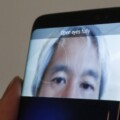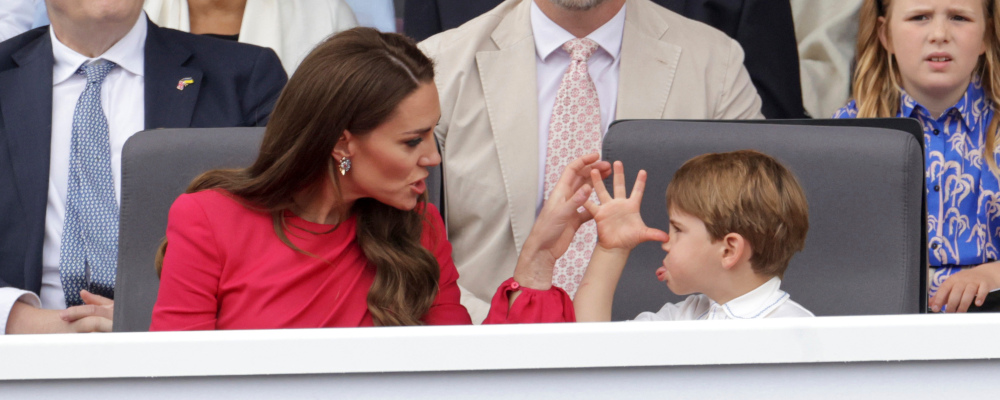I finish work at the end of another day and join my wife in the living room where she is watching The Young and The Restless. I ask how much more is there to endure. Why anyone watches this drivel is beyond me. I just don’t get it, but then I don’t buy lottery tickets either and it must be like this with the British monarchy.
I say British because it certainly isn’t mine. I’m a second-generation Canadian with grandparents from Poland, Belarus, and Romania. My wife is Macedonian and born in Greece. What all this means is that neither of us has a drop of English blood—not to mention French or Indigenous blood—in our veins. Take note, Ottawa, because an ever-increasing proportion of the Canadian mosaic fits that mold. You’re behind the times and as current as Jurassic Park.
The British monarchy is an archaic institution that should be relegated to a museum so visitors can see how things were but no longer are. I believe it has supporters for the same reason people watch The Young and The Restless—a remedy against boredom—but then what is as boring as the Royal Family? They bring to mind a play of Shakespeare’s. Much Ado About Nothing.
Back in 1931, none other than Bertrand Russell said: “The greatest field for snobbery in my own country is the British Monarchy which succeeds in doing more harm than most English people suppose.” Russell went on to add: “All this trouble arises from the practice of paying deference to a man for reasons which do not imply any superior abilities on his part. This practice is therefore regrettable, and the United States is fortunate in being officially free from it.”Mortals and Others https://www.amazon.ca/Mortals-Others-Bertrand-Russell/dp/0415473519
Our American friends have their own problems too numerous to mention but keeping their head of state in a foreign country isn’t one of them. I see the British monarchy as an obstacle to our growing up and leaving the parental house so we can make our own way. It may not be the biggest obstacle because a huge majority of Canadians don’t give a damn about it but suffer just the same because it’s there. It’s like the common cold.
This isn’t to say we don’t owe the Brits a lot. We do. For all its ills there are far worse forms of government than the parliamentary system. So why not just say thank you but it’s time to move on? We did that with the British North America Act in 1867.“The British North America Act received Royal Assent on 29th March 1867 and went into effect 1st July 1867. The Act united the three separate territories of Canada, Nova Scotia and New Brunswick into a single dominion called Canada.” https://www.parliament.uk/about/living-heritage/evolutionofparliament/legislativescrutiny/parliament-and-empire/collections1/parliament-and-canada/british-north-america-act-1867/#:~:text=The%20British%20North%20America%20Act,a%20single%20dominion%20called%20Canada. We did that with the flag in 1965 and with the repatriation of the Constitution in 1982 and lest we forget when the Dominion Bureau of Statistics became Statistics Canada.
Look at demographics. In 1871 all but 13.4 percent of the Canadian population was of English or French stock. In 1921 a majority of Canadians were still of British ancestry—55.4 percent. Go another fifty years to 1971 and that had dropped to 44.6 percent. What it is today I have no idea because the 2021 census apparently doesn’t track such things, but only a fool would think the number is increasing. The truth is it’s going the other way, along with Canadians of French ancestry.
I’ve heard the arguments for retaining the monarchy, none of which holds water. A leading contender is that republicanism leads to extremism and fascism. Really? What was the French Revolution about, or for that matter the Russian Revolution? Or the American War of Independence which was determined to get rid of everything to do with Empire. History is full of people not enthralled with monarchy. At least in Sweden and Norway their royal families are Swedes and Norwegians, but not here. Alas, there is no royal family more embarrassing than the one in London.
Absolving ourselves from the institution does not relegate us to a life of immorality and debauchery, and since we’re talking about that, there are members of this Royal Family who have distinguished themselves as poster children for that option. Is there a solution? Yes. Remain in the British Commonwealth but ditch the monarchy. Other nations have done it. Why can’t we?
Many years ago I did a magazine piece about the status of the monarchy in Canada. I took in a speech by Sir John Biggs-Davison, British Member of Parliament for Epping Forest—the same constituency Winston Churchill once represented—and he said: “Monarchy sets limits to the pretensions of politicians with their ever-present tendency to be corrupted.”
No argument about the corruption of politicians, but since when are royals exempt? How about Elizabeth’s uncle Edward VIII who relinquished the Crown after a year as King, sympathized with Nazis, and even met Hitler after leaving Buckingham Palace?Were Edward VIII and Wallis Simpson Nazi Sympathizers? https://www.biography.com/news/edward-viii-wallis-simpson-nazi-sympathizers-hitler Never mind the long litany of humiliations by royals in more recent times. Young Harry spotted partying with a swastika armband. Prince Andrew’s connections to the late Jeffrey Epstein of pedophile fame.Prince Andrew Faces Fresh Legal Pressure Over His Friendship With Jeffrey Epstein https://www.thedailybeast.com/prince-andrew-faces-fresh-legal-pressure-over-his-friendship-with-jeffrey-epstein And not long ago Oprah’s insights about the royals being less than ecstatic with a Duchess of Sussex who is a woman of colour. Indeed, there is a great deal in the Royal Family less than exemplary.
I have no ill feelings towards Elizabeth II who has been Queen since before I was born. But did this woman make it on her own? Does she lead a family that could be construed as the world’s leading welfare case? Are her best days behind her?
I don’t mean to be cruel but news coverage of her Platinum Jubilee celebrations earlier this month—not just on CBC, but all networks—I found nauseating. Are Canadians really enamoured with this? Are we indebted to the Queen and her 70 years on the throne? I’m not. My friends aren’t. No one I talk to is. Not a soul.
So where are the masses who go ga-ga with the Queen and all her merriment? They must exist because the feds think they’re everywhere and so do the TV networks and we all know the media can’t be wrong. Wait a minute. Could it be those same folks who watch The Young and The Restless? Now there’s a thought. Is it true? Well then, God save—er, help us.
Recommended for You

Laura David: Red pill, blue pill: Google has made its opening salvo in the AI-news war. What’s Canadian media’s next move?

Falice Chin: The ‘wild and weird’ Calgary Stampede

‘A celebration of the spirit of Alberta’: Ryan Hastman on the political, economic, and cultural importance of the Calgary Stampede

Michael Geist: Children accessing porn is a problem, but government-approved age verification technologies are not the answer



